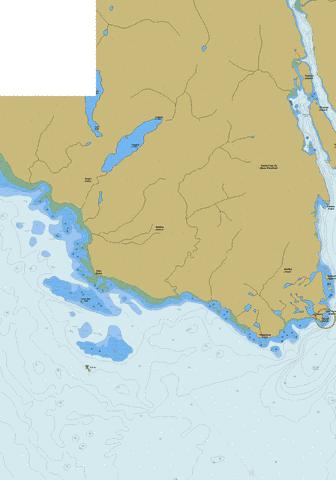
He liked to rub up against the hulls of boats, he swam alongside the “boom boats” in the booming grounds, he pushed rudders, and he loved to play with water gushing from a hose. From his early days in Nootka Sound, he played with boats. In the absence of other orcas from his own family group, Luna made a kind of rough-and-ready pod out of boats and people.

Southern Resident orcas are among the most social mammals in the world.

A full-grown male orca averages 27 feet long and weighs 9,000 pounds. By March 2006 Luna was estimated at about 18 feet long. When Luna was first seen, he was estimated to be about 12 feet long.
MARINE WEATHER NOOTKA SOUND HOW TO
Pilchards are not a normal prey fish for orcas, but he must have learned fast how to adapt. Scientists think he ate a lot of pilchards that first year. He was never fed by humans, and managed to feed himself enough. Would he get enough food?īut survive he did. When Luna was first identified in Nootka Sound in 2001, many scientists were skeptical that he would survive. They are highly social animals, and whales from Luna’s group spend their entire lives together. It is extremely rare for killer whales to go solo. Nobody knows exactly how or why Luna came to Nootka Sound. He learned to play in the bow waves or the wake of the Uchuck III very early in his visit to Nootka Sound and seemed to develop a lasting affection for the big old ship. One of the first ships he learned to play with was the MV Uchuck III, which cannot travel faster than he could swim. In 2001, when Luna was less than two years old, he was separated from his family and turned up alone in Nootka Sound. Other orcas, known as transients because they visit unpredictably, eat warm-blooded animals like seals. Southern Resident whales, like their Northern Resident cousins who spend summers near the northeast end of Vancouver Island, eat only fish. There are about 90 Southern Resident orcas, all of whom are individually identified and named. They are considered endangered by the governments of both Canada and the United States. The Southern Residents spend summers near Victoria.

Luna was born on September 19, 1999, into a group of whales called L-pod, one of three pods in the Southern Resident group of killer whales. For simplicity, we’ll call him Luna here. He was called L-98 by scientists, Luna by a naming competition, and Tsu’xiit by the Mowachaht/Muchalaht First Nation of Nootka Sound. But in the years to follow he would become a legend. He was just a child, in orca terms when he arrived in Nootka Sound. When he died on March 10, 2006, he left many broken hearts. In July, 2001, a stranger came to Nootka Sound and changed many lives.


 0 kommentar(er)
0 kommentar(er)
